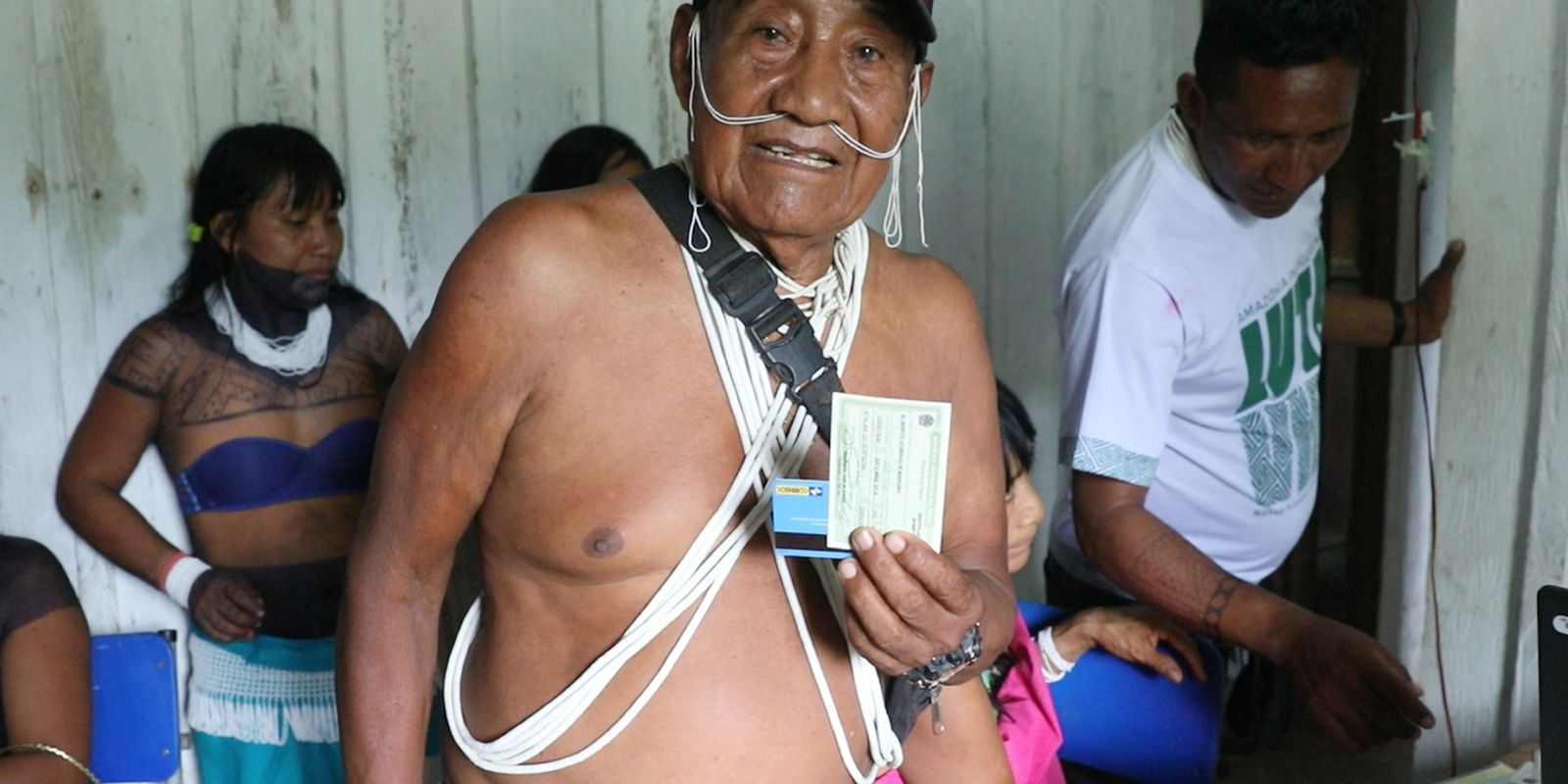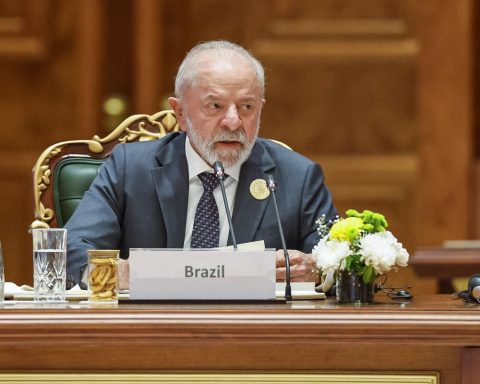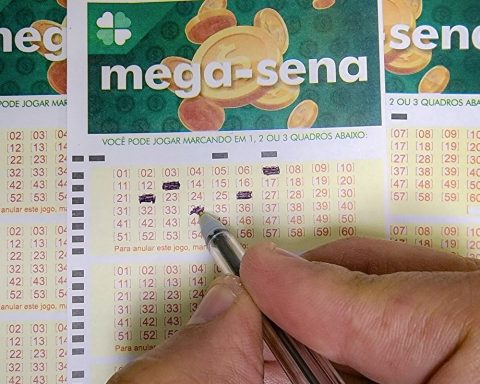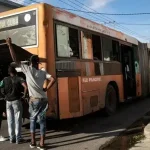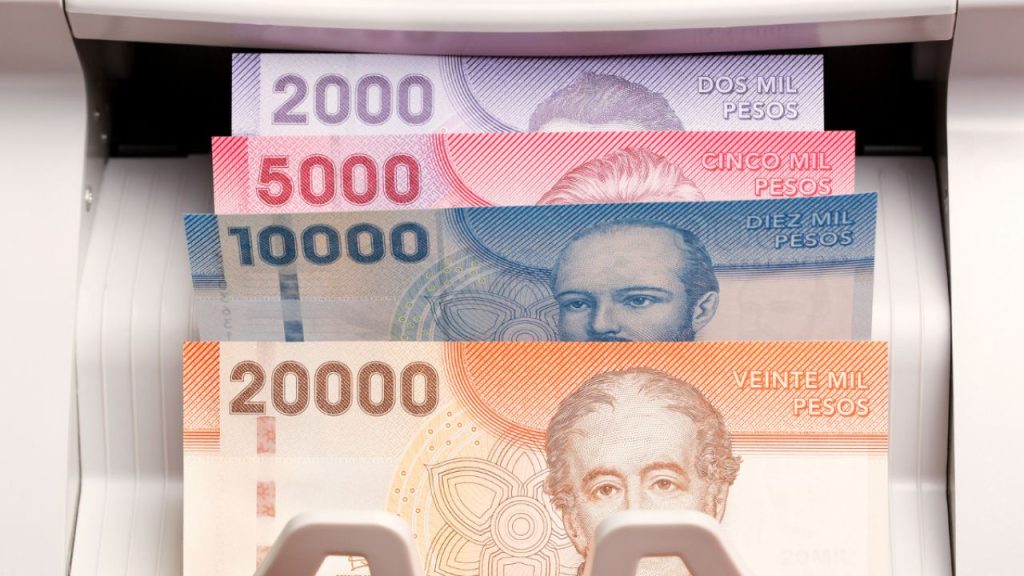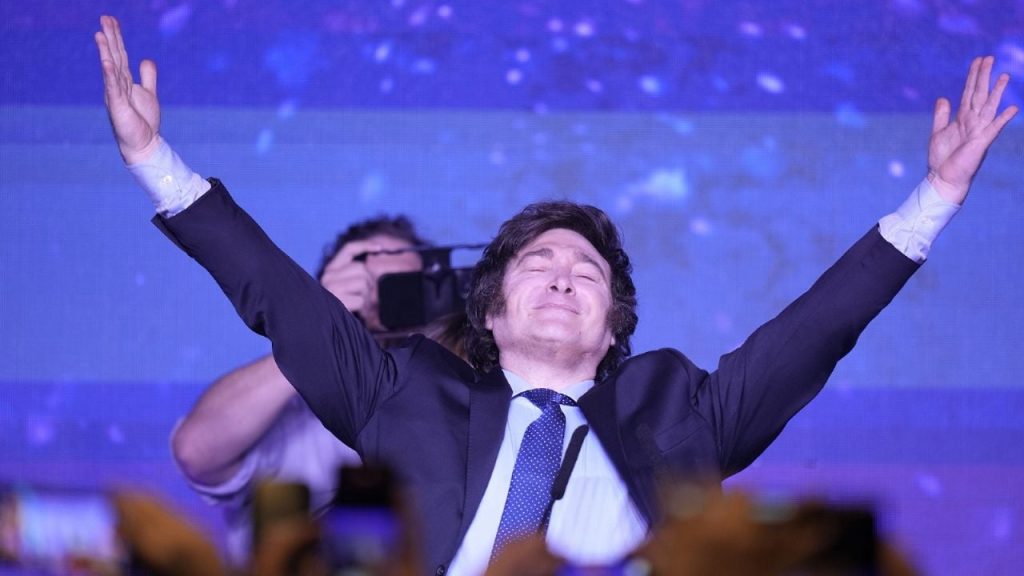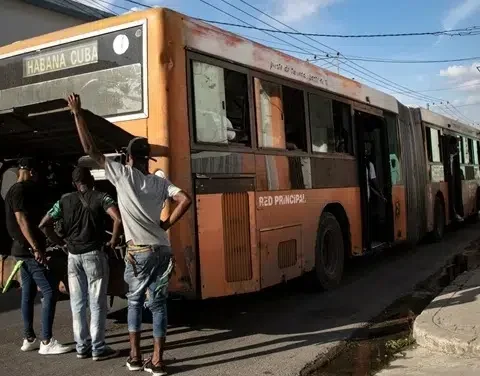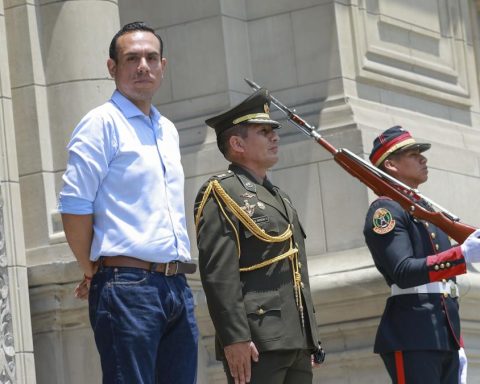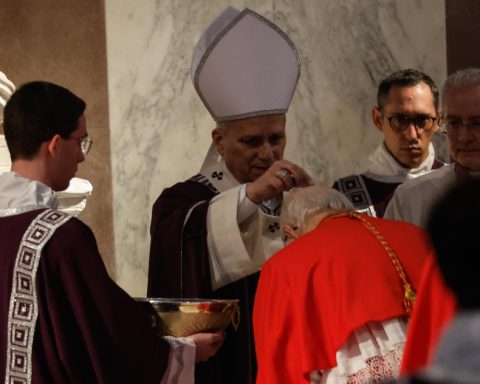On October 6, more than 461.7 thousand candidates will compete for positions of mayor, deputy mayor and councilor, in 5,569 municipalities, according to data from the Superior Electoral Court (TSE).
Based on data extracted from the electoral court, this year, the Institute of Socioeconomic Studies (Inesc) published the Power Profile Study – 2024 Electionsin partnership with the Common Data collective, with the analysis of registered applications.
The survey shows that, if considered applications for all three positions by color and racethis year, 207,467 (45.64%) candidates declared themselves white; 187,903 (41.34%) declared themselves brown; 51,782 (11.39%) declared themselves black; 2,479 (0.55%) are indigenous people; 1,756 (0.39%) are yellow people; and 3,141 (0.69%) did not inform their color/race.
Based on these figures, Inesc found that candidates who declared themselves indigenous are the only ones who saw an increase in their participation in this year’s elections. Indigenous candidates went from 2,172 registrations in 2020 to 2,479 registrations in 2024, which represents an increase of 14.13%. This growth was noted in all regions of Brazil.
Before the TSE resolution, declaring color or race in the registration of candidates was optional.
For the first time this year, candidates were also able to optionally declare their ethnicity. Of the 2,479 indigenous candidates registered, 1,966 disclosed their ethnicity, totaling 176 ethnic groups, according to the TSE. The three largest are 168 candidates from the Kaingang people; 150 from the Tikúna people; and 107 candidates from the Makuxí ethnic group.
“The possibility of ethnic-racial declaration [indígena] and ethnic-territorial belonging [etnia] may support the containment of fraud, as it indicates that the candidate is linked to an indigenous territory, to a collective”, concludes the study Perfil do Poder – Eleições 2024, by Inesc.
Indigenous applications
The largest proportional number of indigenous candidates is in the state of Roraima, where 7.10% of the total candidates declared themselves indigenous. In 2020, Roraima was already the state with the highest concentration of indigenous people (7.95%).
Inesc believes that the general increase reflects greater political engagement by these communities across the country.
Although indigenous candidates are on the rise, representation in executive positions is still limited, according to Inesc.
Inesc political advisor Carmela Zigoni believes that the correlation of forces in these elected spaces of power, whether in the Executive branch or in the legislative houses, is bad for the indigenous people elected.
This is because the participation of indigenous peoples in positions of power is still low and indigenous people face challenges in trying to propose public policies and legislation to protect their peoples and territories, in times of advance of predatory agricultural systems and mining.
“Those ones [indígenas] “Those who are elected face racism and political gender violence in institutional spaces. But it is essential that they are ready for this mission, in order to try to prevent setbacks and seek to guarantee their rights”, he assesses.
Regarding the gender of indigenous candidates, 1,568 (63.25%) are men and 911 (36.75%) are women.
Parties
Regarding political alignment, 41.87% of indigenous candidates are affiliated with right-wing parties. Left-wing parties account for 40.42% of candidates from this group, and the remainder (17.71%) are centrist.
Inesc interprets this distribution as reflecting the diversity of political perspectives within indigenous communities. The political advisor explains that one of the reasons for this phenomenon is the lack of programmatic guidelines from political parties, which prevents the dissemination of a clear agenda in the municipalities regarding what the party stands for. “Local political dynamics and disputes stand out, instead of the political polarization observed in national elections,” she explains.
She also believes that the more left-wing parties defend environmental rights, but in practice, their agenda is developmentalism, which can represent policies that are negative for indigenous rights. “We have observed a strong attachment to policies to speed up environmental licensing, large tax incentives for mining companies and investments in infrastructure for export-oriented agribusiness. So, this creates a contradiction for candidacies and votes from these populations,” she said.
Positions
If all municipalities are considered, the number of indigenous people seeking Executive power in city halls reaches 46, six women and 40 men.
There are 63 candidates for the position of vice-mayor, 26 women and 37 men.
Considering only the 26 capitals where elections will be held next month, the Institute of Socioeconomic Studies identified that there is only one indigenous candidate running for mayor. This is Lucínio Castelo de Assumção, of the Guarani ethnic group, who is running for Mayor of Vitória, for the Liberal Party (PL).
And to occupy the vice-mayorship of a capital, only one indigenous woman is running for the post: Amanda Brandão Paes Armelau, is running for the position in Rio de Janeiro, also affiliated with the PL, and of an undisclosed ethnicity.
Brazil
The 2022 Census by the Brazilian Institute of Geography and Statistics (IBGE) revealed that almost 1.7 million indigenous people live in Brazil, corresponding to 0.83% of the country’s total population, which corresponds to 266 indigenous peoples.
The majority of indigenous people (867.9 thousand or 51.2%) live in the Legal Amazon, a region formed by the states of the North, Mato Grosso and part of Maranhão.
The 2022 Census also revealed that many indigenous people are young, with more than half being under 30 years of age (56.10%).
Municipal elections
This year, 69,602 positions are up for grabs in municipalities, divided into 5,569 for mayors and deputy mayors and 58,464 for councilors.
According to the TSE, of the 461,703 requests for registration of candidates in the October elections, there are 15,478 candidates for mayor; 15,703 candidates for vice-mayor and 430,522 candidates for city councilor.
The electoral court reports that this year’s municipal election is the largest ever because there are more than 155.91 million voters, of which 140.03 million do not have their color or race information on their electoral register. Among the electorate that does have this information, 8.5 million (5.45%) are brown; 5.29 million (3.39%) are white; 1.8 million (1.16%) are black; 155.6 thousand (0.10%) are indigenous; and 114.38 (0.07%) are Asian.
The first round of municipal elections is scheduled for October 6. The second round will take place on October 27, in cities with more than 200 thousand voters, if none of the candidates for the position obtains more than half of the valid votes, excluding blank and null votes, to be elected.
